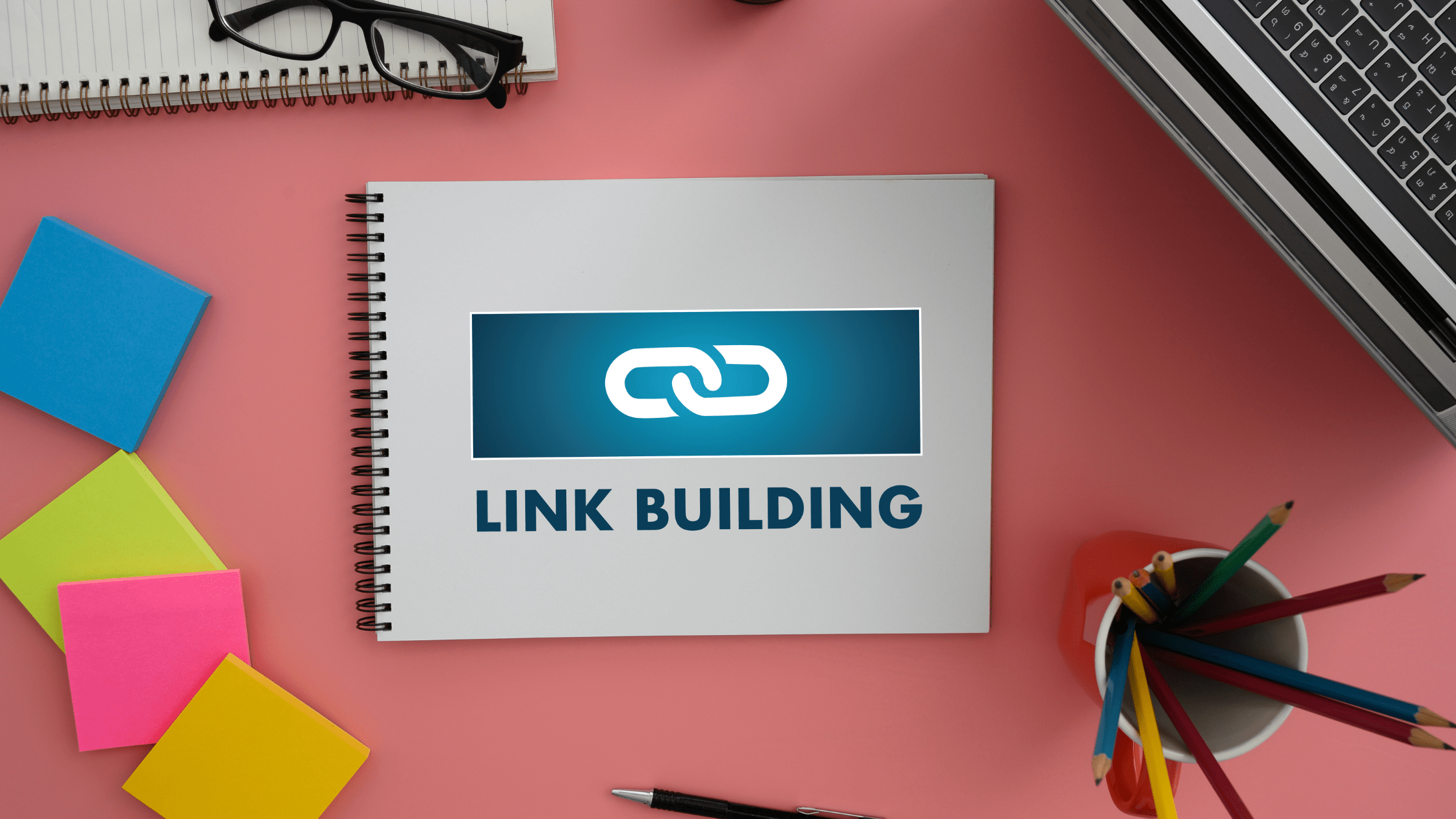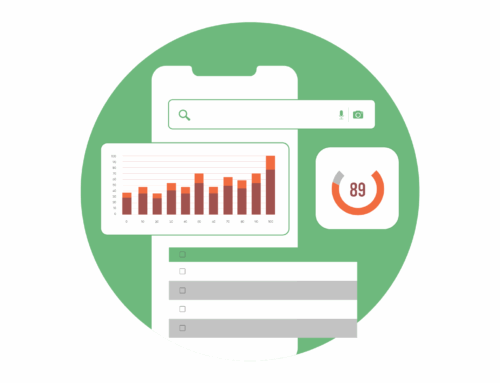If you’re into link building or SEO, you most probably have heard the term “link juice” quite a few times from various SEO experts.
But the question is, what does it mean?
If you’re also confused about the term “link juice” and want to understand why most SEO experts value it so much, you have landed in the right place.
In this post, we will discuss what is link juice in SEO, why it’s important, how it is actually measured, and how you can maximize the efficiency of it by following some simple tips.
So, without wasting any further time, let’s dive right in.
Table of Contents
What is Link Juice in SEO?

Link juice (sometimes known as link equity) is a term used across the SEO space that determines the value of authority a page passes to another one through hyperlinks.
In simple words:
When a web page links to another link page, it transfers authority or ranking power from one page to another.
And this exchange of ranking power is referred to as “Link Juice” in the SEO world.
Even though Link juice is a non-technical word and does not exist in Google’s algorithm, SEO professionals believe it still plays a crucial role in the overall efficiency of a backlink.
Why is Link Juice Important For SEO?
Now that you know what link juice is, let’s understand why it’s too crucial for SEO and how it can potentially skyrocket your Google rankings.
It’s essential for SEO because it helps Google understand how valuable and relevant a web page is.
When a web page receives link juice from an authoritative and prominent website, it sends a strong signal to Google algorithm that your content is a worthy candidate to rank for the specific keyword phrase.
The more juice a web page has, the higher the chances it has of ranking in the search results compared to a web page with comparatively lower juice.
How is Link Juice Measured?
Measuring link juice in absolute terms is impossible as no specific metric is available or provided by any SEO tools.
However, there are a few key factors that affect how much of a link equity a web page is going to get.
Let’s have a look at them individually.
1. Website Authority
Website authority, or what we can also call “domain authority,” is a metric that shows how powerful a website’s backlink profile is.
Websites with a higher domain authority pass more link equity or link equity than websites with a lower “Domain Authority.”
For example, a link from the DA80 website will benefit your web page more than a link from the DA30 website.
Google already trusts higher-authority websites, so when you get a link from them, it instantly makes your web page more credible in the eyes of Google.
This is the most critical factor that determines the amount of link juice passed to your web page.
2. Link Relevance
Apart from domain authority, relevance is another crucial factor affecting link juice.
When you build a backlink from an external page, it should be somewhat related to either your niche or content topic.
Having an Inbound link from a page that is relevant to your content passes more link equity than links from irrelevant pages or websites.
For example, if you get a backlink from a page related to “architecture,” but your content is related to “digital marketing,” the link equity exchanged between the pages will be far less.
3. Link Type
Another thing that can affect the amount of link juice passed is the type of link you’re getting.
In-content links perform far better and provide more link equity than links in the navigational or footer menu.
Apart from that, no-follow links do not pass any equity.
So, if the link you’re getting is marked as no-follow, no link equity will be transferred from that web page to yours.
How to Maximize Link Juice Efficiency
There is a way to maximize link equity efficiency on your website.
To get the most out of link juice, you must equally divide the incoming equity among other pages on your website that competitively have less authority.
For example, sales pages mostly do not attract too many backlinks.
So, to build your sales page’s authority, you can internally link it from another web page on your website with a higher number of backlinks and link equity.
The link equity stored on your web page will be transferred to your sales pages, and it will start ranking higher without needing any external backlinks.
Conclusion
We hope now you clearly know what is link juice in SEO, why it’s important, and how it’s measured.
External links gained from authority websites pass a tremendous amount of link equity, which can help raise your website’s overall authority and rank higher.
But internal linking your pages is non-negotiable to get the most out of it.




